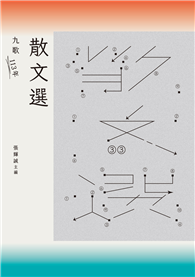In how many ways can things be said to be one, how is oneness itself to be defined, and what is its relation to essence and existence? This book engages with these core questions by examining the works of Avicenna (d. 1037 CE), who is widely regarded as the most important philosopher of the Arabic tradition.
In this monograph - the first that is exclusively devoted to Avicenna’s henology and to Arabic henology in general - the author analyzes the place and meaning of oneness in Avicenna’s general metaphysics and theology and devotes particular attention to how this notion relates to Avicenna’s theory of quiddity. He contextualizes Avicenna’s doctrines in light of three major intellectual currents (ancient Greek philosophy, early Arabic philosophy, and Islamic theology or kalām) and also offers the first detailed analysis of oneness in the Bahshamite tradition.
The book challenges the prevailing interpretation of Avicenna’s henology and adduces new textual evidence to show that Avicenna developed an innovative theory of oneness that expresses the essential reality and self-identity of a thing. This foundational sense of oneness is applied to all the pure quiddities and, in an eminent and prior way, to God.












